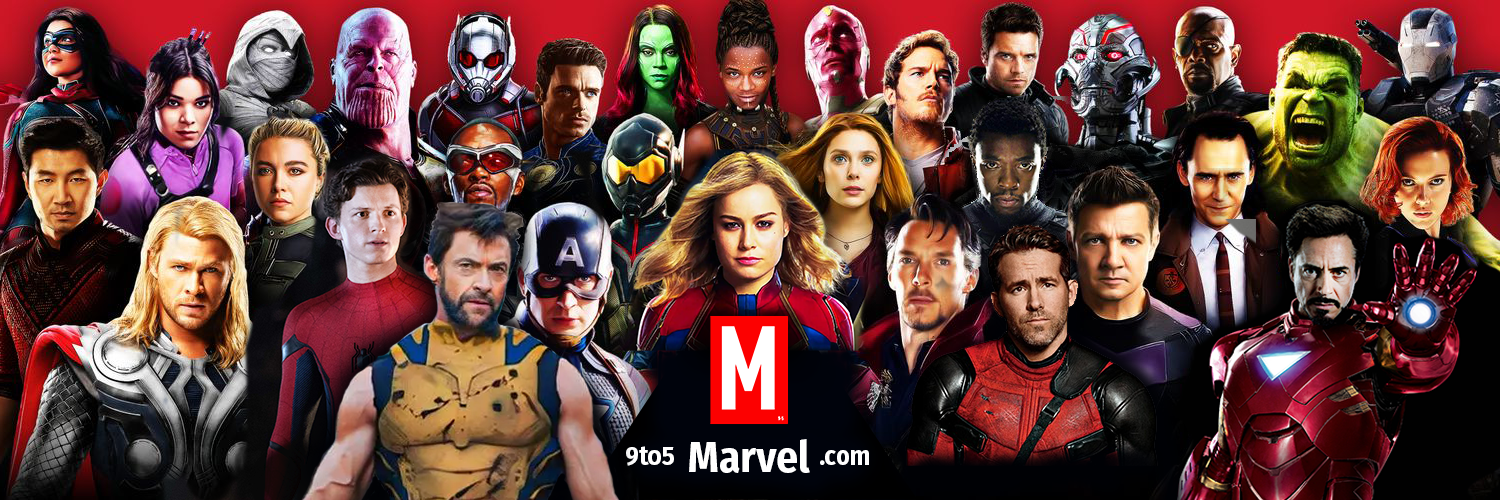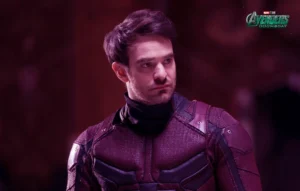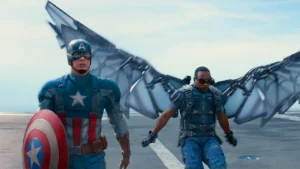Marvel Studios and Disney have now been drawn into Justin Baldoni’s legal dispute with Blake Lively because of Deadpool & Wolverine. This intensification comes after Lively filed a complaint against Baldoni, alleging that he had sexually harassed her and launched a retaliatory internet campaign against her while the film was being made and marketed for It Ends with Us, a Sony movie on domestic abuse that was directed by the rival couple. According to Baldoni, a character in Ryan Reynolds’ most recent movie was a purposeful parody of him, with Lively’s spouse making fun of Baldoni’s self-described feminist identity by playing the part. Variety reports that Bryan Freedman, Baldoni’s lawyer, has sent a letter to Marvel President Kevin Feige and Disney CEO Bob Iger requesting a legal hold on any papers pertaining to the conception and production of “Nicepool,” a character in Deadpool & Wolverine. Lively had an appearance as Ladypool in Shawn Levy’s superhero sequel, where she was the focus of Nicepool’s dubious comments on postpartum bodily changes. Freedman claims that these statements are reminiscent of Baldoni’s purported actions on the It Ends with Us set.
Baldoni’s team contends that the remarks made by Nicepool, a gawky alternative version of the titular antihero, in the Deadpool & Wolverine scene at the heart of the dispute are too specific to Lively’s accusations against the actor to be coincidence. At one point, Nicepool jokes, “It’s okay, I identify as a feminist,” when Deadpool calls out his sexist statement about Lively’s Ladypool: “She just had a baby too, and you can’t even tell.” Ryan Reynolds’s comments satirize a faux-feminist character. The relationship has never been discussed by Reynolds, who also wrote and produced the movie. Baldoni, who made a big deal out of his feminist credentials during the It Ends with Us campaign, thinks the scenario was intended to make fun of him specifically. In addition to Nicepool-related papers, the lawsuit hold letter also asks materials pertaining to complaints “made against Ryan Reynolds by any person, including without limitation Tim Miller.” Due to alleged creative disagreements with Reynolds, Miller, who helmed the original Deadpool film, did not return for either Deadpool & Wolverine or the sequel. Freedman seems to be taking advantage of the animosity in the business for his case, which is getting closer to going to court because Baldoni intends to sue the Hollywood couple “into oblivion.”
Baldoni and Lively’s highly segregated press tour raised rumors that they were fighting on set, so the It Ends With Us PR train wasn’t without its problems to begin with. After It Ends With Us had already had a successful theatrical run, Lively first made her allegations of sexual harassment public in late 2024. A scathing New York Times piece titled “‘We Can Bury Anyone’: Inside a Hollywood Smear Machine,” which discussed Lively’s allegations and the larger problems in Hollywood, was among the news coverage that followed.
The Nicepool case, however, relies on Disney’s production documents to have clearly stated that Baldoni was the inspiration for the character, rather than a general archetype.
Baldoni and his colleagues filed a libel suit against the New York Times after this article. According to their complaint, the big news outlet exaggerated a number of discussions between the two stars and took too much of Lively’s statements as reality. Thus far, the journalistic integrity of this article has been upheld by the New York Times. Baldoni and Wayfarer Studios appear to be attempting to dismantle the Lively case from every possible point with the latest Deadpool complaint. Compared to Baldoni v. the New York Times, the Deadpool complaint is far less specific. Baldoni may be able to produce text messages or other written correspondence that more explicitly refute the journalistic piece’s allegedly overstated material in the libel claim. Instead than relying on a generic archetype, the Nicepool argument depends on Disney’s production papers, which explicitly reveal that Baldoni served as the character’s inspiration. Even Baldoni’s attempt to take legal action in this manner may be overreaching, but it demonstrates how much he wants to win this war, for better or worse. The Baldoni-Lively legal drama adds even more paperwork, studios, and a long list of charges pertaining to an already acrimonious conflict, especially with Marvel and Disney involved. Now that Reynolds could be involved in legal action, the case against Lively and her spouse goes beyond personal charges to include industry-wide investigation. Baldoni’s demands for records seem to divert attention from Lively’s in-depth claims of a hostile work environment on the set of It Ends with Us, further obscuring their ongoing struggle, regardless of whether Nicepool was meant as a specific caricature of Baldoni or as a more general satire of “male feminist” stereotypes.
Source:- Variety




